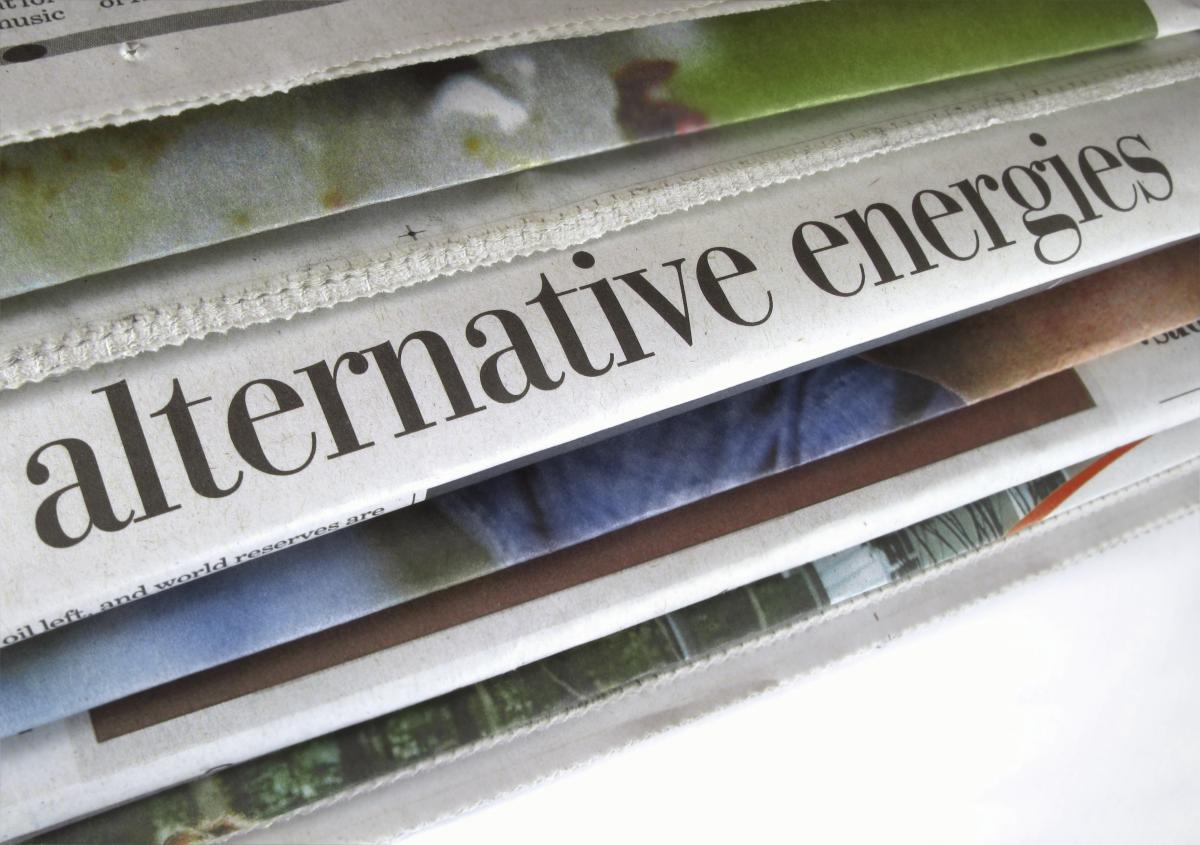In the media: "The burned planet"
Tagesspiegel
“Distribute radioactive legacy throughout the country”
Because only two German states have volunteered to store nuclear waste returning from processing plants abroad, the radioactive material might have to be distributed evenly in locations across the country, according to Environment Minister Barbara Hendricks. “The situation is no longer acceptable,” writes Hendricks in an opinion piece in the Tagesspiegel. Even though the regions had promised to come up with a proposal for a third location to store the waste, none was found. “That’s why I have asked my staff to work out a concept to distribute all the nuclear waste returning from abroad evenly in various locations nationwide.” She laments that even regions that used to be strong proponents of nuclear energy and produced much of the waste have not come forward.
See Hendricks’ opinion piece in German here.
See an ntv news report about Hendricks’ plan in German here.
Spiegel Online
“Quarrel over power lines: Gabriel makes concessions to Seehofer”
To settle the debate over new electricity superhighways to transport wind power from the north to the energy-hungry south of Germany, energy and economy minister Sigmar Gabriel has offered Bavarian state premier Horst Seehofer a compromise, according to Spiegel Online. Gabriel proposes to construct one of the new power lines mainly along existing overland connections. Where there are no existing connections, underground cables would be used where possible, says the report, based on sources within the ministry. “To persuade Seehofer on the additional construction of a second power line, the ministry seems prepared to agree to Bavaria’s demands for a gas-fired power plant,” according to the report.
See the story in German here.
See a CLEW report on Bavaria’s difficult decision on the power lines here.
See CLEW's Factsheet on the German energy grid here.
Der Spiegel
"The burned planet"
German weekly Der Spiegel looks at the state of play of global efforts for climate protection, ahead of the Paris climate summit in December 2015. Assessing the CO2 emission levels, climate impacts and costs of different approaches, as well as the previous behaviour of countries like India, China and the US at the UN climate talks, the authors ask whether it will be possible to limit global warming to 2 degrees Celsius. There are two countries that could determine the sucess of the fight against climate change, the authors write: Germany and China. The term “German Energiewende” - expressing the idea that a highly industrialised country can completely change its energy supply to renewables - has become internationally recognised and no longer needs translating. In China - currently still smothered in smog - renewable development is equally important, since its leaders are worried their growing economy will otherwise be too dependent on fossil fuel imports, the authors write.
Energytransition.de
"How is Germany integrating and balancing renewable energy today?"
Writing on energytransition.de, Eric Martinot provides insight into the technical and regulatory changes that have been made to the German grid since the share of renewable energy in the power system increased. His analysis shows the grid has remained highly stable, and gives an overview of what further adaptations to the power market will be needed in the future.
See the analysis in English here.


